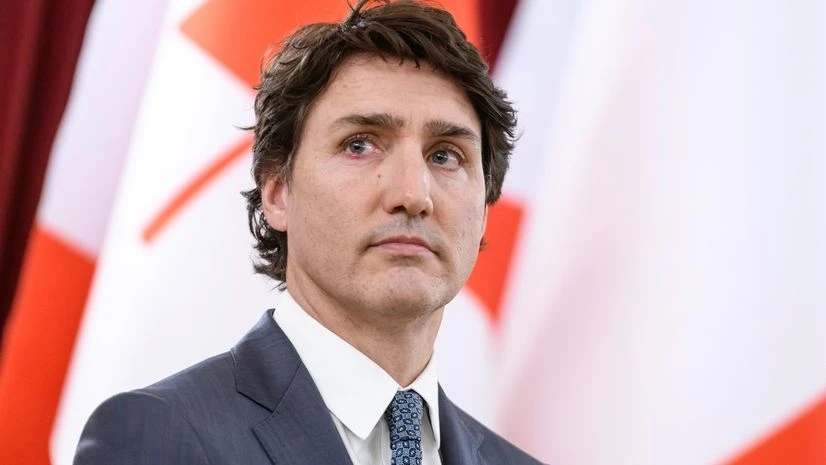Nearly five million temporary permits are set to expire by the end of 2025, raising questions about the future of these visa holders in Canada. Immigration Minister Marc Miller addressed these concerns during his testimony to the Commons immigration committee earlier this week.
Temporary foreign workers in Canada include those on work permits, study permits, and asylum claimants engaged in employment.
How will Canada handle the 4.9 million temporary visa holders?
Conservative MP Tom Kmiec questioned the government’s preparedness to manage the 4.9 million temporary visa holders whose permits are nearing expiry. "How will the government ensure these individuals leave the country if required?" Kmiec asked. Miller responded, saying the Canadian Border Services Agency (CBSA) is actively enforcing immigration laws and that many are expected to leave voluntarily.
Kmiec also raised the issue of 766,000 study permits expiring by December 2025, asking if the CBSA has plans to track such a large number. Miller clarified, "Some students will renew their permits or apply for post-graduate work permits, which provide options for extending their stay." A video of the exchange was later shared by National Post, a Canadian media.
Also Read
Statistics on temporary foreign workers
Key data from Statistics Canada shows:
< Work permits fall under the Temporary Foreign Worker Program (TFWP) or the International Mobility Program (IMP), though some IMP permits are not tied to work.
< In 2021, 87% of TFWP permit holders and 69% of IMP permit holders issued for work purposes had employment income.
< Among non-permanent residents, 58% holding both work and study permits were employed, compared to 34% of those with only study permits.
< Permit holders with non-work purposes, primarily international students, made up 42% of temporary workers in 2021.
Indian nationals feature prominently in Canada’s immigration landscape. In 2022, Indian citizens represented 27% of all new permanent residents. However, specific data detailing the number of Indian nationals among these temporary foreign workers is not readily available.
New immigration policies announced
The Trudeau government has introduced policies to reduce the intake of both permanent and temporary residents over the next three years. This shift comes amid criticism over strained infrastructure and an approaching election.
Key changes include:
Permanent residents: The target will drop from 500,000 to 395,000 by 2025, a reduction of 21%.
Temporary workers and students: By 2026, the number of temporary foreign workers is expected to decrease by over 40%, while international student numbers will reduce by 10%.
Canada-based immigration analyst Darshan Maharaja explained, "Temporary residents accounted for 6.8% of the population when this policy was announced. That figure has now risen to 7.3%."
Canada's immigration challenges
Prime Minister Justin Trudeau addressed the economic pressures created by immigration, particularly post-pandemic. He noted that while temporary foreign workers are crucial to the workforce, the pace of immigration has outstripped the capacity of housing and social services. The new caps aim to strike a balance between the economic demand for workers and the infrastructure needed to support them.
Economic and social implications
Reducing immigration is expected to ease demand for:
Housing: A severe shortage has driven up rental costs.
Healthcare: Services remain overburdened across provinces.
Social services: Communities are struggling to adapt to rapid population growth.
"In the current economic scenario in Canada, Indian workers need to make a dispassionate assessment of the kind of life that they are likely to have in Canada," Maharaja said.
He pointed to the severe housing shortage, rising cost of living, and the overburdened healthcare system. "There is a severe shortage of housing and it is not uncommon for four individuals to live in a single room on rent. Healthcare is under severe stress and the cost of living is out of control, he said.
"Indian workers would be well advised to look for opportunities in other countries," Maharaja suggested.

)